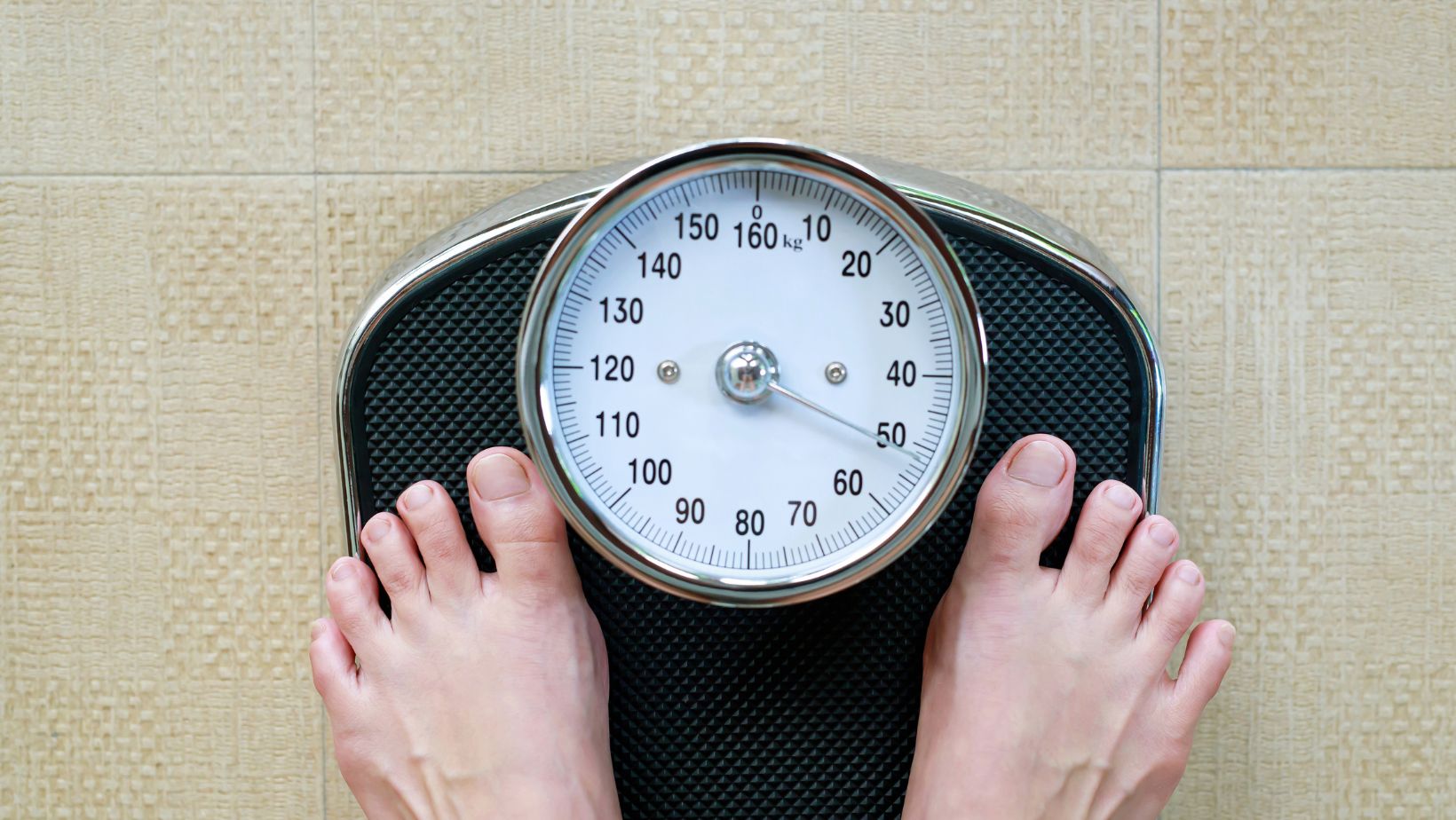 If your weight loss plan feels like a hamster wheel – strict meal plans, tracking every calorie, endless gym sessions – you’re not alone. But here’s the kicker: the real challenge might not be your motivation. It could be your biology. Specifically, your hormones. And among them, GLP‑1 is a game‑changer.
If your weight loss plan feels like a hamster wheel – strict meal plans, tracking every calorie, endless gym sessions – you’re not alone. But here’s the kicker: the real challenge might not be your motivation. It could be your biology. Specifically, your hormones. And among them, GLP‑1 is a game‑changer.
Your body has built-in systems to regulate hunger, fullness, and insulin sensitivity. But stress, aging, genetics, and diet can throw those systems off balance. That’s where GLP‑1 medications like semaglutide and tirzepatide come in – helping you align your biology with your goals.
Let’s unpack why hormones matter, how GLP‑1 works, and why it could be the missing piece in your blueprint for long-term success. Here are a few things to consider:
- Your Body Is Wired to Eat and Protect
When your body senses low blood sugar, it tells your brain, “We need food – now.” That’s hunger. Then, as you eat, signals help you feel full and stop eating.
But when those signals don’t work properly, hunger and fullness get disconnected. You might eat too much, crave carbs obsessively, or feel unsatisfied even after a big meal. Diets then feel impossible – not because you lack discipline, but because you’re fighting your own biology.
On the flip side, diet cultures often push low-calorie or carb-focused plans without addressing hormonal imbalances. Yes, you may lose weight briefly, but your body pushes back hard. You end up rebound eating, stuck in a yo-yo cycle.
That’s where hormone-focused strategies like GLP‑1 come into play. Instead of stepping on the brakes, they help you rewrite the rules inside your body.
- How GLP‑1 Medications Help Reset the System
GLP‑1 drugs replicate your body’s natural gut hormone – glucagon-like peptide‑1 – which plays three vital roles: managing appetite, improving insulin response, and slowing digestion so fullness lasts longer.
As Dr. Michael Snyder of FuturHealth puts it, “Weight loss isn’t just about what you eat – it’s about how your body responds to hunger and fullness. GLP‑1 medications help reset that response, giving patients a real chance at lasting change.”
Notice how that cuts right to the heart of the issue. Most likely, this isn’t a willpower issue. Instead, it’s a hormonal, biological issue that we’re dealing with. GLP-1 brings your biology back in line with your goals.
- Appetite Regulation is More Than Just Discipline
You might be familiar with willpower fatigue – when your resolve disappears by dinner. That’s where appetite regulation matters most. GLP‑1 helps reduce cravings, so you’re more likely to stick with your healthy plan, meal after meal.
This isn’t a light effect. Many people report significantly smaller portions and fewer cravings within days of starting. That makes choosing vegetables and proteins instead of processed snacks easier – not because you’re being “good,” but because your body stops demanding junk.
That feeling of reduced hunger changes the mental game. Instead of obsessively thinking about food, you have room to focus on other goals.
- Better Blood Sugar Control
When you eat refined carbs or sugary foods, your blood sugar spikes and then crashes. That crash leaves you feeling hungry, irritable, and tired. Bouncing between extremes makes it harder to stay consistent.
Thankfully, GLP‑1 medications improve insulin responsiveness. That means smaller glucose spikes and fewer crashes. Your brain receives clearer signals and you’re properly fueled without feeling like you’re on the edge of starvation.
- GLP-1 Effects Last for a While
It’s one thing to stop eating while you still look full. It’s another to still feel satisfied hours later.

GLP‑1 extends satiety. It slows digestion so that fullness signals last. That means you’re less likely to wander into the kitchen mid-afternoon or feel compelled to “clean your plate.” Smaller meals feel more substantial and less punishing.
- The Key to Better Results
GLP‑1 is powerful, but it’s not a standalone solution. You still need real food and strategies to build habits that stick.
Here’s how to make it work:
- Lean protein with each meal supports muscle maintenance and prepares your body for smaller portions.
- High-fiber vegetables and fruits deliver nutrients and slow digestion further.
- Healthy fats add satiety and help you absorb vitamins.
- Effective meal planning keeps you from grabbing quick, processed foods.
- Mindset and support systems ensure you don’t revert to old habits without the daily stress infrastructure.
Think of GLP‑1 as a catalyst, not a magic bullet. When combined with real food and personalized coaching, results are more sustainable and transformative.
- Sustainability, Not Temporary Fixes
Long-term results happen when biology, habits, and mindset align.
First, GLP‑1 helps you eat less, but with intention and satisfaction. Then, you build routines around what works: meals that nourish, movement you enjoy, sleep you protect.
Over time, the medication becomes less of a crutch and more of a tool. When you’re ready to taper or pause, you maintain progress because your habits, those rooted in biology, have shifted. That’s why hormone-focused plans beat discipline-based ones. They actually address the system, not just the surface.
Adding it All Up
Weight loss doesn’t have to feel unmanageable. If you’ve been fighting hunger, cravings, or fatigue for a long time, your body might be fighting back. And as disheartening as it may be to hear, discipline alone isn’t enough to accomplish your weight loss goals.
By addressing your hormones, you’re giving yourself a fighting chance at long-term transformation. And when this catches up with your healthy habits, weight loss becomes sustainable.


















